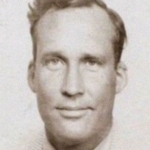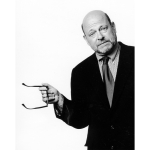He reminds me of someone I used to know,
but who? Before class,
he comes to my office to shmooze,
a thousand thousand pointless interesting
speculations. Irrepressible boy,
his assignments are rarely completed,
or actually started. This week, instead
of research in the stacks, he’s performing
with a reggae band that didn’t exist last week.
kids danced to his music
and stripped, he tells me gleefully,
high spirit of the street festival.
He’s the singer, of course—
why ask if he studied an instrument?
On the brink of graduating with
an engineering degree (not, it turned out,
his forte), he switched to english,
his second language. It’s hard to swallow
the bravura of his academic escapes
or tell if the dark eyes laugh with his face.
Once, he brought me a tiny persimmon
he’d picked on campus; once, a poem
about an elderly friend in New Delhi
who left him volumes of Tagore
and memories of avuncular conversation.
My encouragement makes him skittish—
it doesn’t suit his jubilant histrionics
shrinking from enthusiasm or praise,
the prospect of effort-drudgery.
Success—a threat. A future, we figure,
of revision—yet what can the future be
but revision and repair? Now, on the brink
again, graduation’s postponed, the brilliant
thesis on Walker Percy unwritten.
“I’ll drive to New Orleans and soak
it up and write my paper in a weekend,”
he announces in the Honors office.
And, “I want to be a bum in daytime
What could I give him from my life
or art that matters, how share
the desperate slumber of my early years,
the flashes of inspiration and passion
in a life on hold? If I didn’t fool
myself or anyone, no one could touch
me, or tell me much . . . This gloomy
Houston Monday, he appears at my door,
so sunny I wouldn’t dare to wake him
now, or say it matters if he wakes at all.
“Write a poem about me!” he commands,
and so I do.



















Comment form: